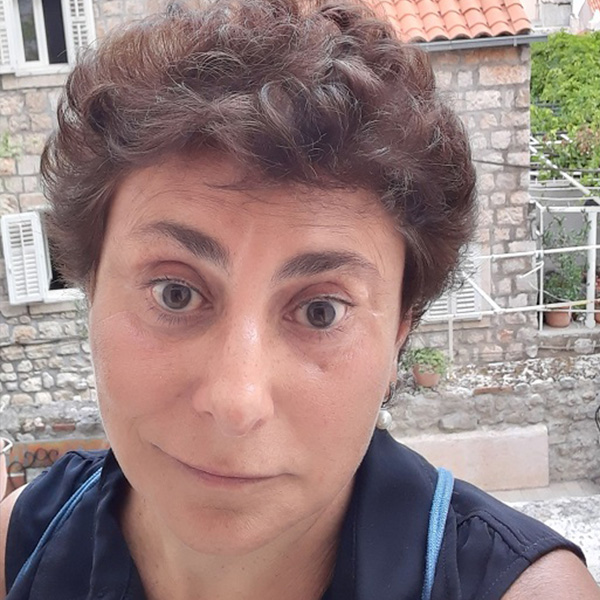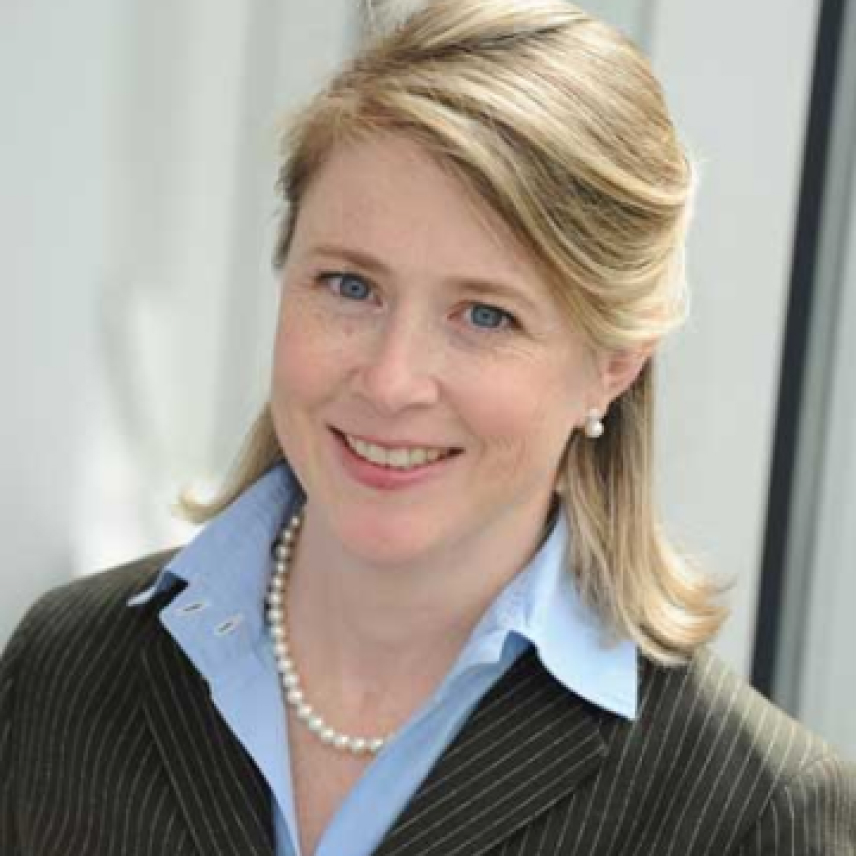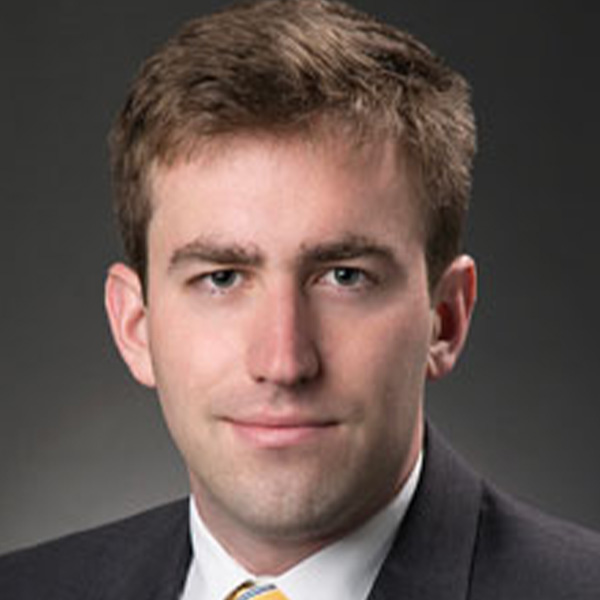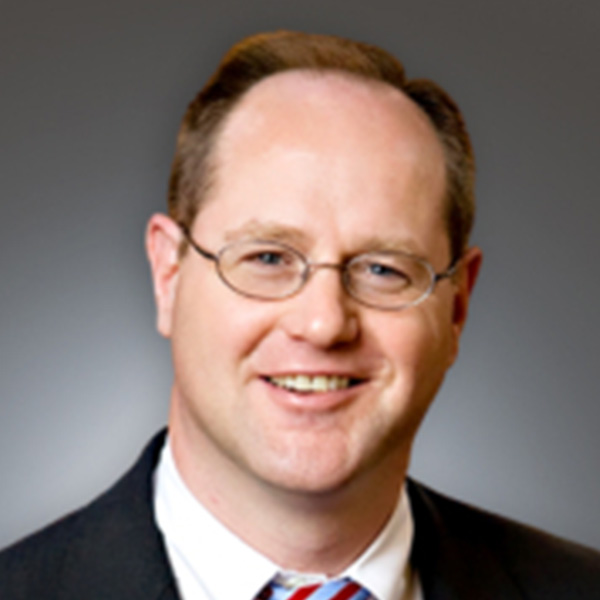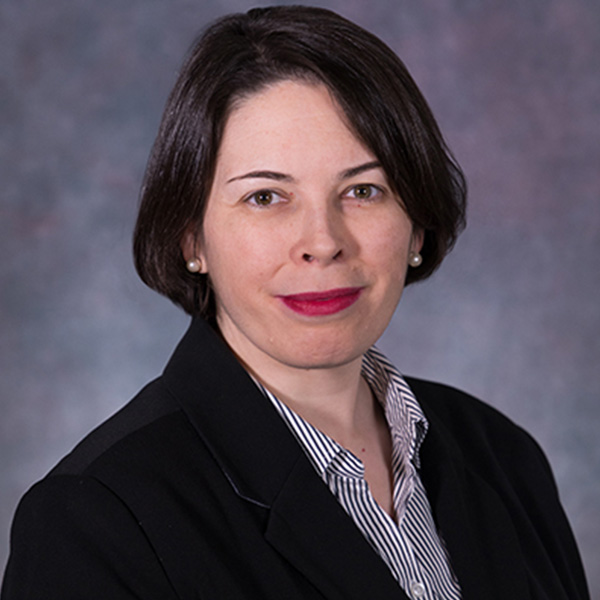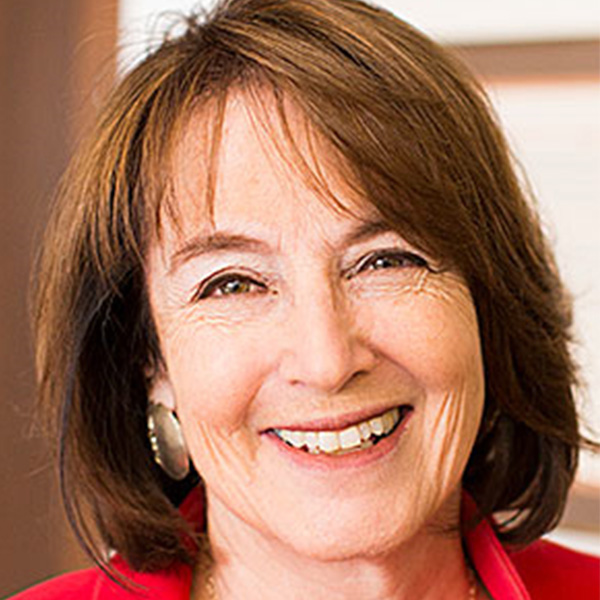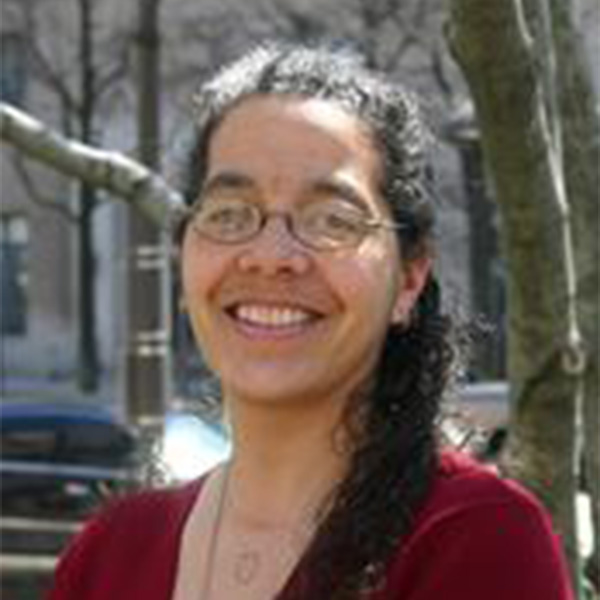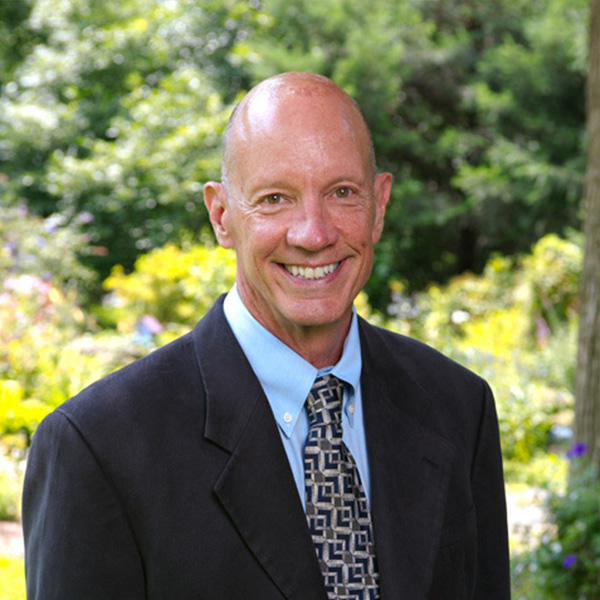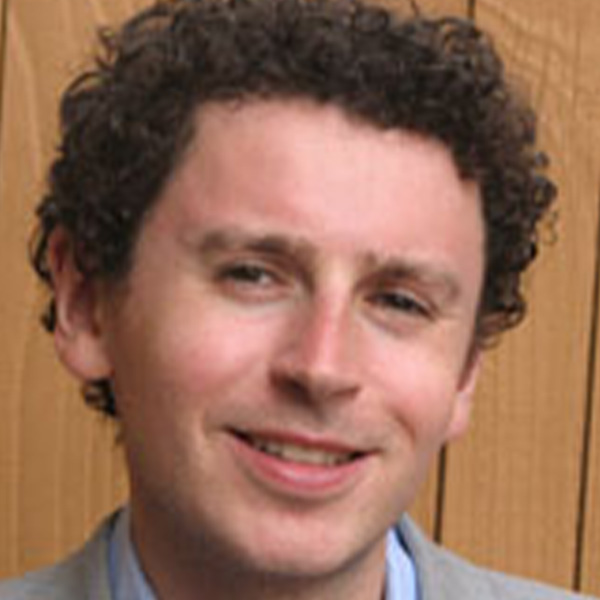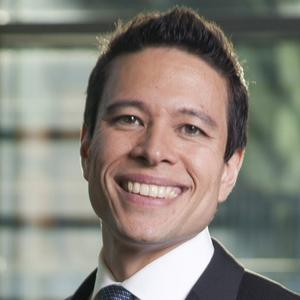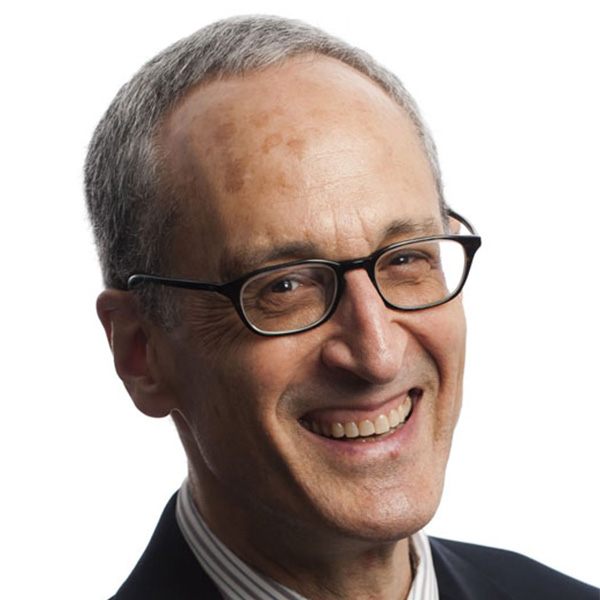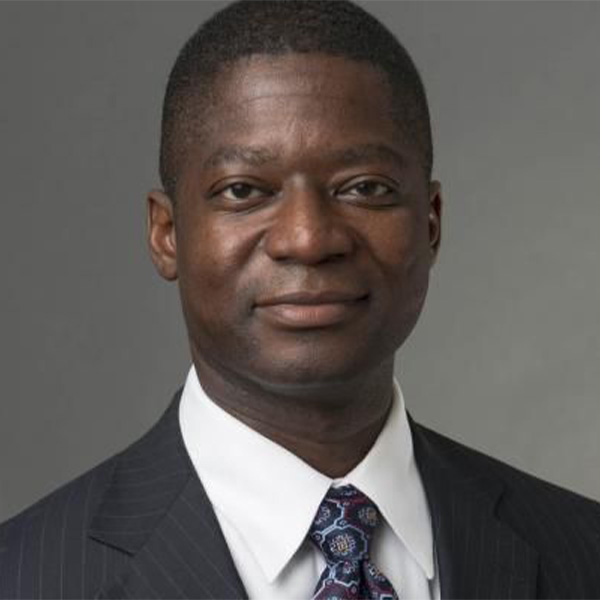
Guilty Minds
Academy for Justice and Arizona State Law Journal
A Virtual Conference on Mens Rea and Criminal Justice Reform
Accidents may be inevitable, but creating accidental criminals is not; rather, that’s a choice, and one that the criminal justice system should never make. But unfortunately, the criminal justice system has made this choice, repeatedly, by failing to account for a defendant’s mens rea—Latin for “guilty mind”—in imposing criminal liability and scaling punishment across a number of contexts. The consequences of these unjust policies—more people going to prison, and for longer periods—are intolerable at any time. But they’re particularly troubling in a time of mass incarceration, widespread racial injustice, and a prison system overwhelmed by a global pandemic. So now more than ever, there’s a pressing need to bring attention to and reform our nation’s state and federal mens rea policies. That’s the primary goal of Guilty Minds—A Virtual Conference on Mens Rea & Criminal Justice Reform.
What Happened?
On September 25 and 26, 2020, the Academy for Justice and the Arizona State Law Journal brought together some of the nation’s leading criminal law professors and practitioners for an extended conversation about mens rea policy and its role within the broader criminal justice reform movement. The conversations revolved around accessible papers, which have been published in a special issue of the Arizona State Law Journal. Topics covered included: strict liability, felony murder, complicity, intoxication, mental illness, willful blindness, ignorance of wrongdoing, and the politics of mens rea reform. For balance and diversity of perspective, every conference panel included a mix of criminal law scholars and practitioners.
What’s Different About This Conference?
Typically, legal conferences are narrow in focus, heavy on presentations, and light on public access. This one aimed to be different in three main ways:
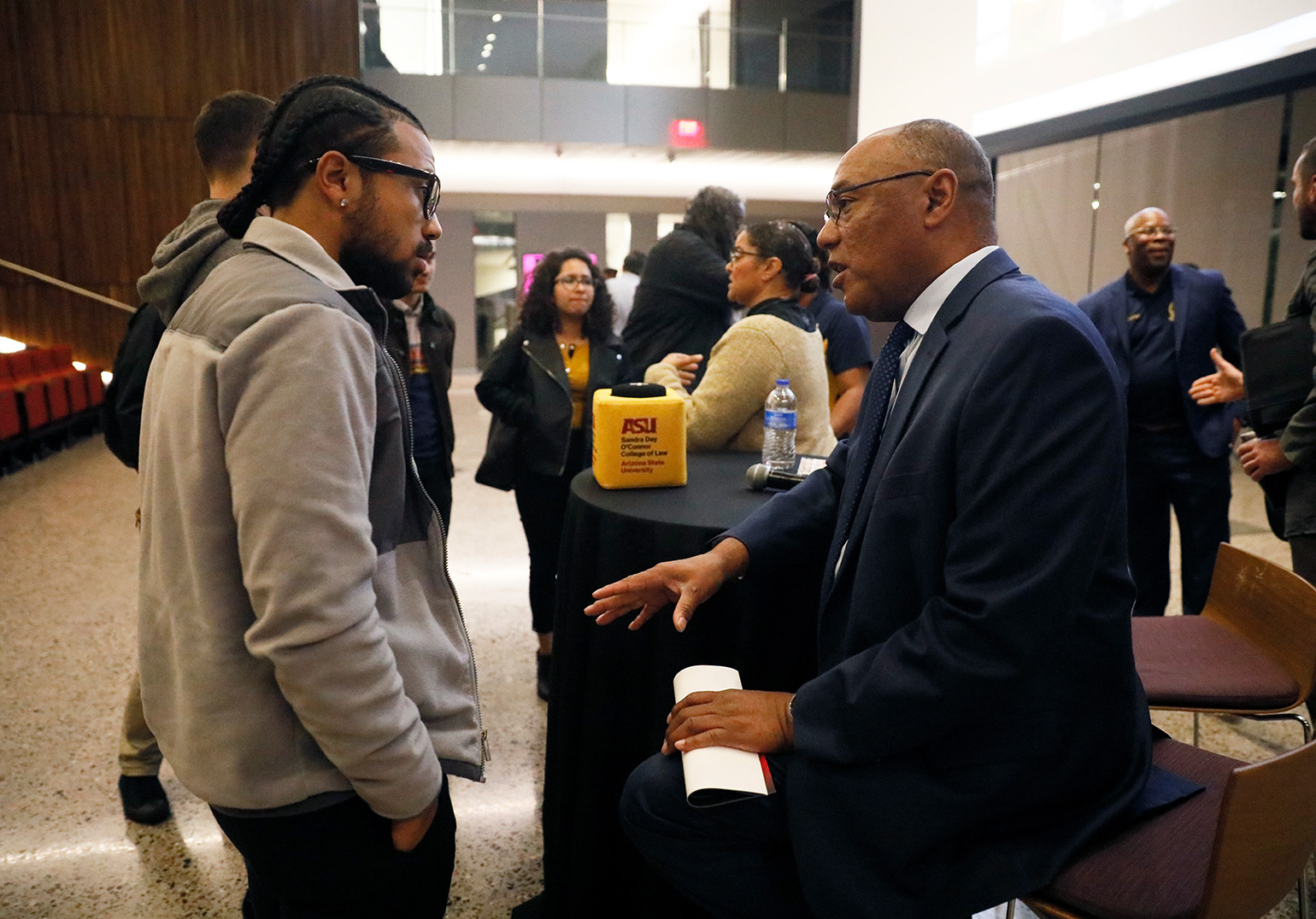


Papers
Judicial Review of Strict Liability Local Ordinances
Brenner Fissell, Associate Professor of Law at Maurice A. Deane School of Law at Hofstra University discusses the paper Judicial Review of Strict Liability Local Ordinances that he co-authored with Guyora Binder for the Guilty Minds Virtual Conference hosted by the Academy for Justice and Arizona State Law Journal.
Internal and External Challenges to Culpability
Stephen Morse, Ferdinand Wakeman Hubbell Professor of Law, Professor of Psychology and Law in Psychiatry, and Associate Director, Center for Neuroscience and Society at the University of Pennsylvania, discusses his paper Internal and External Challenges to Culpability that he authored for the Guilty Minds Virtual Conference hosted by the Academy for Justice and Arizona State Law Journal.
Willful Blindness Doctrine: Justifiable in Principle, Problematic in Practice
Kenneth Simons, Chancellor’s Professor of Law and Philosophy at University of California, Irvine School of Law, discusses his paper Willful Blindness Doctrine: Justifiable in Principle, Problematic in Practice that he authored for the Guilty Minds Virtual Conference hosted by the Academy for Justice and Arizona State Law Journal.
Conspiracy, Complicity, and the Scope of Contemplated Crime
Kimberly Ferzan, Earle Hepburn Professor of Law and Co-Director for the Institute of Law & Philosophy at the University of Pennsylvania Carey Law School, discusses her paper Conspiracy, Complicity, and the Scope of Contemplated Crime that she authored for the Guilty Minds Virtual Conference hosted by the Academy for Justice and Arizona State Law Journal.
Two Sides of the Same Interpretive Coin: The Presumption of Mens Rea and the Historical Rule of Lenity
Shon Hopwood, Associate Professor of Law at Georgetown University, discusses his paper Two Sides of the Same Interpretive Coin: The Presumption of Mens Rea and the Historical Rule of Lenity, for the Guilty Minds Virtual Conference hosted by the Academy for Justice and Arizona State Law Journal.
Why the Mind Matters in Criminal Law
Joshua Kleinfeld, Professor of Law and Philosophy at Northwestern University, discusses how a theory of a social practice must be able to carry a certain descriptive and interpretive burden: it must be able to account for those features of the practice sufficiently central to its character that, without them, the practice would become distorted or unrecognizable as a phenomenon in the social world.
Ignorance of Wrongdoing and Mens Rea
Douglas Husak, Distinguished Professor at Rutgers, discusses Ignorance of Wrongdoing and Mens Rea for the Guilty Minds Virtual Conference hosted by the Academy for Justice and Arizona State Law Journal.
Versari Crimes
Stephen Garvey, A. Robert Noll Professor of Law at Cornell Law School, discusses his paper Versari Crimes that he authored for the Guilty Minds Virtual Conference hosted by the Academy for Justice and Arizona State Law Journal.
Decarceration and Default Mental Status
Benjamin Levin, Associate Professor of Law at University of Colorado Law School, discusses his paper Decarceration and Default Mental States that he authored for the Guilty Minds Virtual Conference hosted by the Academy for Justice and Arizona State Law Journal.
The Depths of Malice
Vera Bergelson, Distinguished Professor of Law and Robert E. Knowlton Scholar at Rutgers Law School, discusses her paper The Depths of Malice that she authored for the Guilty Minds Virtual Conference hosted by the Academy for Justice and Arizona State Law Journal.
On Guilty Minds
Michael Serota, Visiting Assistant Professor at Arizona State University Sandra Day O’Connor College of Law, and Associate Deputy Director of the Academy for Justice, introduces the Guilty Minds conference and discusses the topic of mens rea reform and his paper.
Ahmaud Arbery, Reckless Racism and Hate Crimes: Recklessness as Hate Crime Enhancement
Ekow N. Yankah, Professor of Law at Banjamin N. Cardozo School of Law, writes about how in February 2020, Ahmaud Arbery, a twenty-five-year-old Black jogger in Georgia, was chased down by a group of armed, White men in trucks, trapped, shot, and killed. His killers pursued Arbery because they suspected him—with no evidence whatsoever—of being behind a string of (unreported) neighborhood robberies. Arbery’s killers had never seen any suspect in those robberies.
Mezzanine Law: The Care of a Mens Rea Presumption
Erik Luna, Amelia D. Lewis Professor of Constitutional and Criminal Law at Arizona State University, writes how many of the modern challenges of mens rea, the mental state element of crime, stem from the purported ambiguities of legislation.
Presentations
Introductory Lecture – Professor Michael Serota
Michael Serota, Visiting Assistant Professor at Arizona State University Sandra Day O’Connor College of Law, and Associate Deputy Director of the Academy for Justice, introduces the conference and discusses the topic of mens rea reform.
Special Lecture – Professor Francis Shen
Francis Shen, Associate Professor of Law at the University of Minnesota, discusses Psychology, Neuroscience and the Enduring Mysteries of Mens Rea for the Guilty Minds Virtual Conference hosted by the Academy for Justice and Arizona State Law Journal.
Psychology, Neuroscience and the Enduring Mysteries of Mens Rea presentation by Professor Francis Shen
Conference Video Presentations
Event Recording
Conference Videos – Day 1 – September 25, 2020
Welcome to the Guilty Minds Conference
Michael Serota, Visiting Assistant Professor at Arizona State University Sandra Day O’Connor College of Law, and Associate Deputy Director of the Academy for Justice, introduces the conference and discusses the topic of mens rea reform.
Related Content:
Panel No. 1: “Strict Liability and Felony Murder – Principles, Policies, and Reform”
Moderator – Andrea Roth (Berkeley)
Panelist – Stephen Garvey (Cornell) – “Versari Crimes”
Panelist – Guyora Binder (Buffalo) – “Felony Murder and Police Violence”
Commentator – Jed Rakoff (SDNY)
Commentator – Laura Hankins (PDS-DC)
Related Content:
- Versari Crimes
- Extended Video: Felony Murder and Police Violence
Panel No. 2: “Perspectives on Mens Rea Reform – Default Mental States and Legal Accountability”
Moderator – Rachel Barkow (NYU)
Panelist – Kimberly Ferzan (Penn) – “Conspiracy, Complicity, and the Scope of Contemplated Crime”
Panelist – Benjamin Levin (Colorado) – “Decarceration & Default Mental States”
Commentator – Doug Berman (Ohio State)
Commentator – Molly Gill (FAMM)
Related Content:
Panel No. 3: Interpreting Mens Rea – Courts, Statutes, and the Guilty Mind
Moderator – Tracey Meares (Yale)
Panelist – Shon Hopwood (Georgetown) – “Two Sides of the Same Interpretive Coin: The Presumption of Mens Rea and the Historical Rule of Lenity”
Panelist – Brenner Fissell (Hofstra) – “Judicial Review of Strict Liability Ordinances” (co-authored with Guyora Binder)
Commentator – Hon. Catherine Easterly (D.C. Court of Appeals)
Commentator – Erik Luna (ASU)
Related Content:
Felony Murder in Practice – A Conversation With Robert Garcia
Speaker– Robert Garcia (Jesuit Restorative Justice Initiative)
Interviewer– Matt Mizel (RAND)
Interviewer– Michael Serota (ASU)
Conference Videos – Day 2 – September 26, 2020
Panel No. 4: “Grounding Mens Rea – Reconstructivism, Racism, and Hate Crimes”
Moderator – Bennett Capers (Fordham)
Panelist – Joshua Kleinfeld (Northwestern) – “Why Mens Rea Matters to a Reconstructivist”
Panelist – Ekow Yankah (Cardozo) – “Reckless Racism & Hate Crime”
Commentator – Jenny Carroll (Alabama)
Commentator – Jonathan Wroblewski (US DOJ, Office of Policy & Legislation)
Related Content:
- Why the Mind Matters in Criminal Law
- Extended Video: Reckless Racism & Hate Crime
Panel No. 5: “Malice, Intoxication, and Mental Illness – Theory, Doctrine, and Reform”
Moderator – Michael Serota (ASU)
Panelist – Vera Bergelson (Rutgers) – “The Depths of Malice”
Panelist – Stephen J. Morse (Penn) – “Internal and External Challenges to Culpability”
Commentator – Kimberly Ferzan (Penn)
Commentator – Hon. Nancy Gertner (Harvard)
Related Content:
Panel No. 6: “Willful Blindness & Ignorance of Wrongdoing – Theory, Doctrine, and Reform” & Brief Concluding Remarks
Moderator – Gideon Yaffe (Yale)
Panelist – Doug Husak (Rutgers) – “Ignorance of Wrongdoing & Mens Rea”
Panelist – Ken Simons (Irvine) – “Willful Blindness Doctrine: Justifiable in Principle, Problematic in Practice”
Commentator – Vikrant Reddy (Koch)
Commentator – Shana O’Toole (Due Process Institute)
Conclusion of Conference – Michael Serota (ASU)
Related Content:
Project Organizers
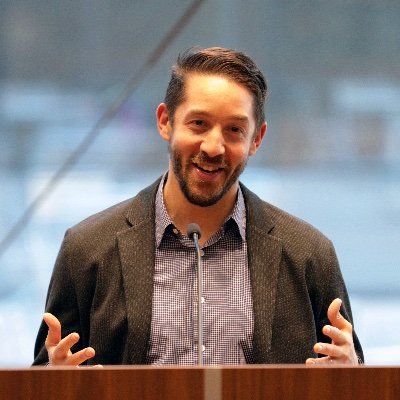
Michael Serota
Visiting Assistant Professor
Associate Deputy Director, Academy for Justice
Arizona State University
Project Contributors

Rachel Barkow
Vice Dean and Segal Family Professor of Regulatory Law and Policy
Faculty Director, Center on the Administration of Criminal Law
New York University School of Law
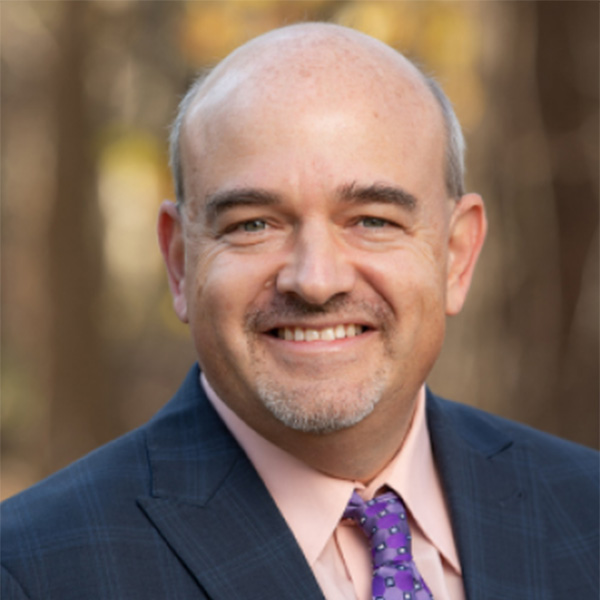
Douglas Berman
Newton D. Baker-Baker & Hostetler Chair in Law
The Ohio State University Moritz College of Law

Guyora Binder
SUNY Distinguished Professor
Hodgson Russ Faculty Scholar
Vice Dean for Research and Faculty Development
University at Buffalo School of Law

Kimberly Kessler Ferzan
Earle Hepburn Professor of Law
Co-Director, Institute of Law & Philosophy
University of Pennsylvania Carey Law School

Erik Luna
Amelia D. Lewis Professor of Constitutional and Criminal Law
Founder and Director, Academy for Justice
Sandra Day O’Connor College of Law at Arizona State University
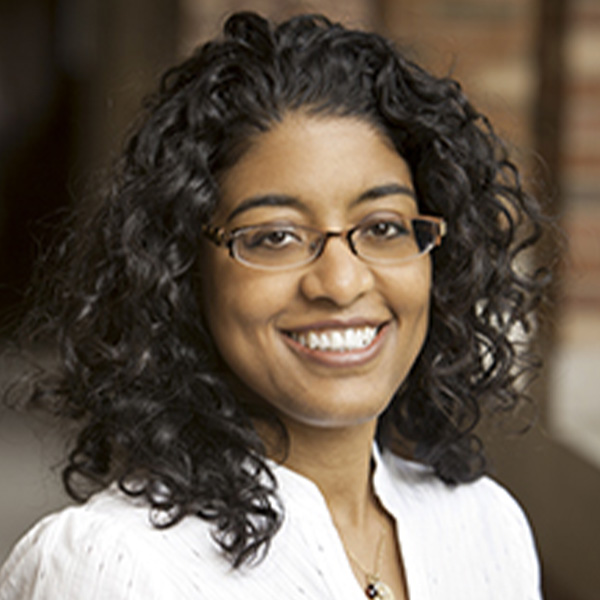
Tracey Meares
Walton Hale Hamilton Professor of Law
Founding Director of The Justice Collaboratory
Yale Law School

Jamelia Morgan
Associate Professor of Law
Robert D. Glass Scholar
University of Connecticut School of Law

Stephen Morse
Ferdinand Wakeman Hubbell professor of Law
Professor of Psychology and Law in Psychiatry
Associate Director, Center for Neuroscience & Society
University of Pennsylvania Carey Law School

Hon. Jed Rakoff
Senior United States District Judge
United States District Court for the Southern District of New York
